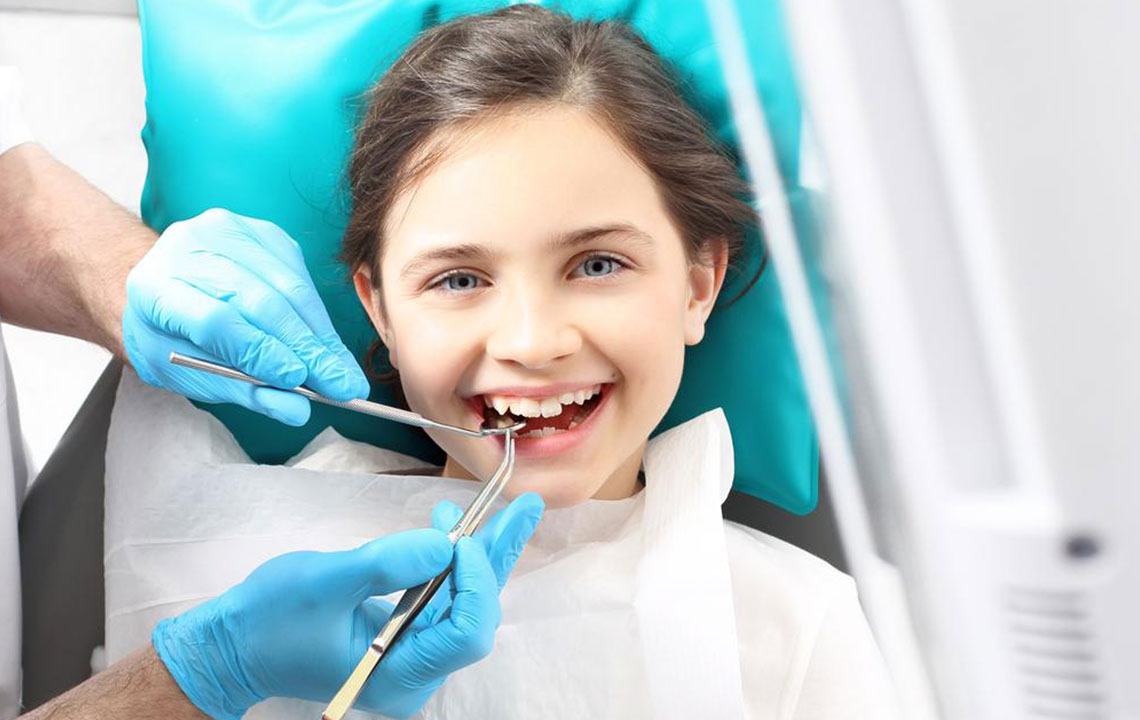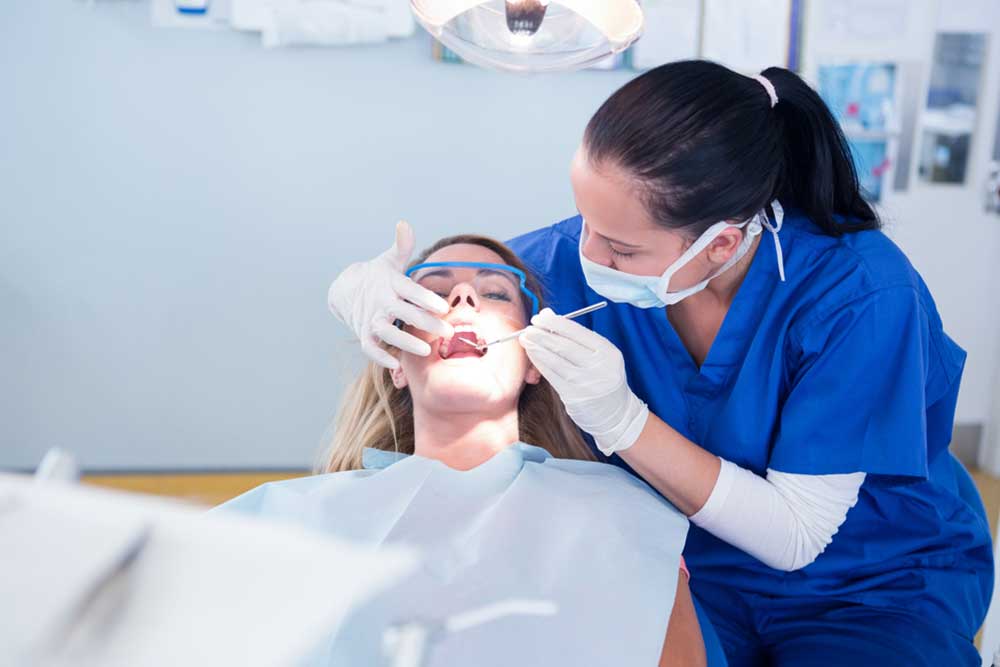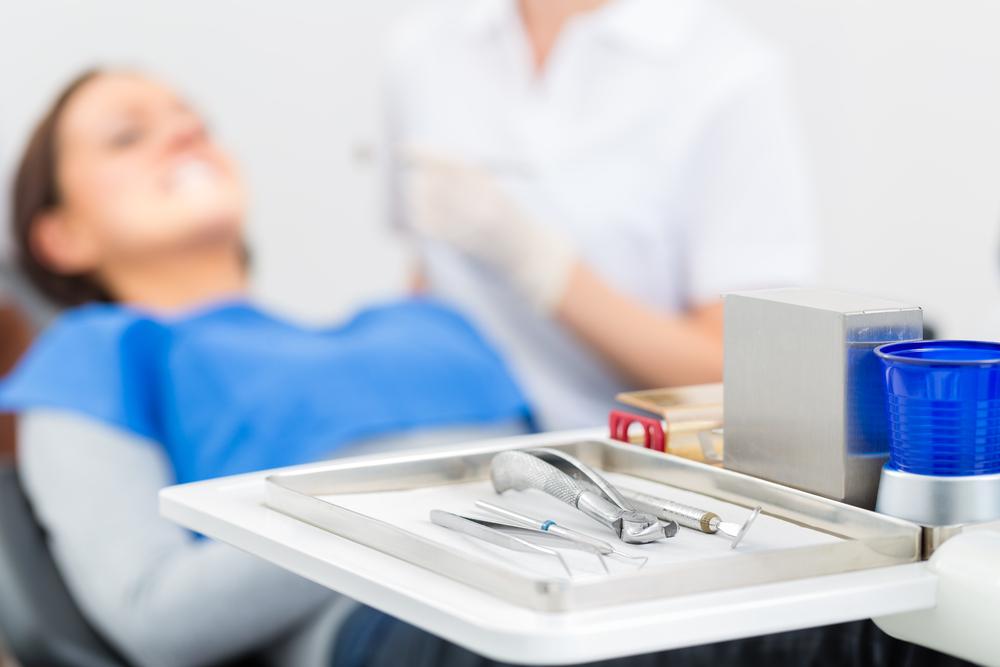Dental clinics can teach your kids about oral hygiene
You as an adult must know how important it is to take care of our teeth. It is a treasure of our body, and as we grow old, we start to appreciate the job it does. But just as you have learned from your experience, you need to teach your kids about the importance of taking care of their teeth too. The best way to do that is by making them aware of what the functions of teeth are.

Here are some of the dental care rules that clinics can teach your kids.
Fun with dental care
Taking your kids to dental clinics can show them how important cleaning their teeth are. Kids often get bored with such a daily habit, so dentists can make it fun! They can advise you to let your kids use different kinds of toothpaste and fancy toothbrushes. This will keep your kids interested. But make sure that you tell them not to consume the toothpaste and to use a pea-sized amount of toothpaste on their brush.
Brush gently
As kids are unaware, they start brushing their teeth with full force. Dentists can correct them. They can teach your kids the benefits of the gums, and how brushing gently is essential.
Two times a day
As any visit to dental clinics will tell you, brushing two times a day is essential. Make it a family habit as your kids will learn what they see. Brush in the morning and brush before going to bed.
Rinsing and flossing
Dentists can teach your kids to rinse the mouth thoroughly after brushing. They should also understand the importance of daily flossing. You can request dentists to advise them on how to floss so that they don’t hurt their gum.
Regular check up with the dentists at dental clinics can keep your kid’s teeth healthy and protect against cavities and other gum problems. This will also help your kid to outgrow any fear that they may have for dental clinics.




